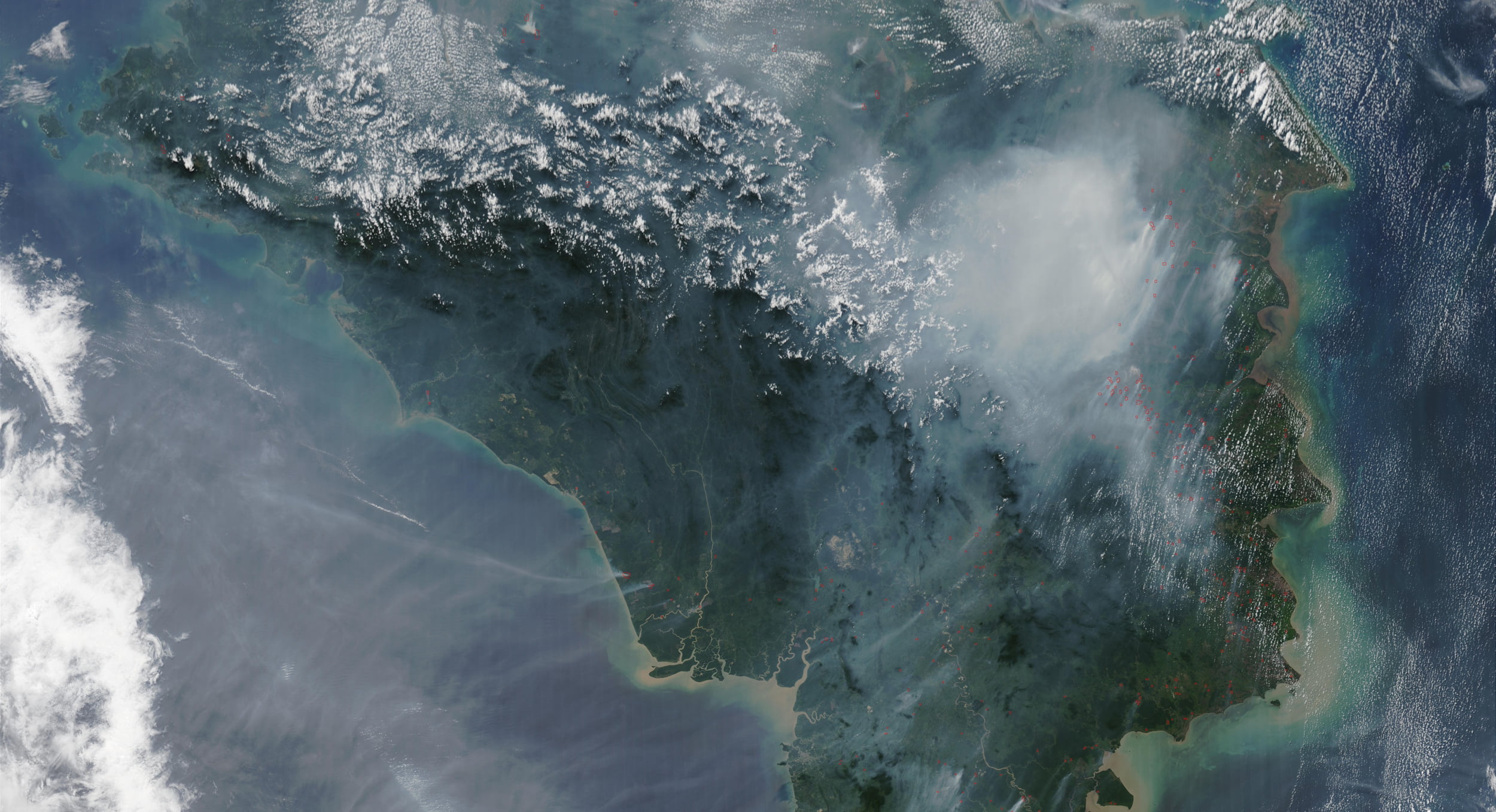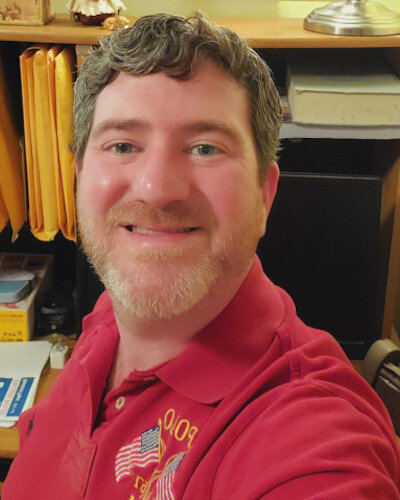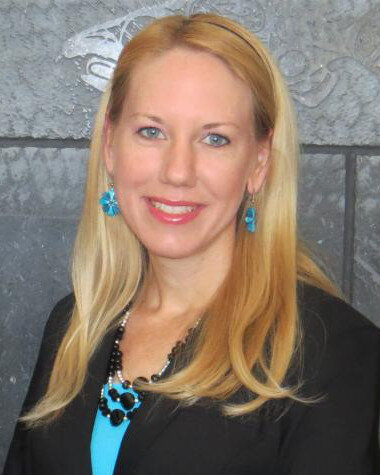

Earth Observations for Health
Concept
The GEO Health Community of Practice (HEALTH-CoP) serves as a global network of governments, organizations, and observers who seek to use Earth observation data to improve health decision-making at international, regional, country, and district levels. The HEALTH-CoP focuses on implementing a One Health approach, utilizing Earth observation data among interdisciplinary and multi-agency teams to significantly advance scientific knowledge of ongoing public health threats by integrating human, animal, and ecosystem health. These efforts can facilitate spatial, analytical, and timely solutions needed to make Earth observation data and technology more accessible to the health community, especially for epidemiological analysis, risk modeling, surveillance, investigation, and emergency management.
The GEO HEALTH-CoP recognizes the urgency of applying novel technologies, products, data, and analytical approaches to develop timely action plans and decision-support tools that promote environmental sustainability and public health. To achieve established goals, the GEO Health CoP continues to identify and engage health partners, clarify and address health and training needs, and elucidate and manage observation and prediction gaps and needs through four specific approaches.
Anticipated results will effectively promote novel and practical applications of Earth observations, in situ data, and other geospatial data sources to examine complex environmental challenges. The GEO HEALTH-CoP will prioritize three specific tasks aligned with bridging the Earth and health science communities. First, by supporting the six work group activities, contributing members will share timely technical expertise on research applications that can leverage and incorporate scientific knowledge on pressing health-related topics into decision-support tools (e.g., Cholera Prediction Hub) and capacity training (e.g., workshops). Second, by expanding connections to GEO Work Programme initiatives, the GEO HEALTH-CoP can build cross-collaborations with GEO AquaWatch, GEO Blue Planet, and GEO Biodiversity Observation Network, focusing on the interconnectedness between health, water quality, biodiversity, and pathogen transmission. Third, by framing a regional focus, timely partnerships with regional GEOs can offer a platform to explore local and national priorities related to diverse environmental topics.
Objectives
The GEO HEALTH-CoP provides scientific expertise, technical coordination, and programmatic support to co-produce Earth intelligence solutions addressing complex One Health challenges. The five objectives are: (1) Engaging with end-user communities to better understand and identify their data needs and requirements; (2) Implementing activities addressing the needs and requirements of end-user communities; (3) Improving the use of, and clarifying future needs for, Earth observations in health; (4) Providing timely insight and feedback on future Earth observation actions for health; and (5) Participating with other individuals, GEO communities of practice, and institutions to leverage the expertise that produces far-reaching outcomes.
They prioritize three specific tasks to strengthen One Health as a Focus Area across the GEO Work Programme.
Points of Contact





